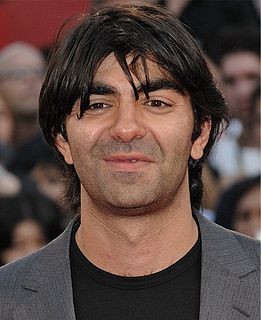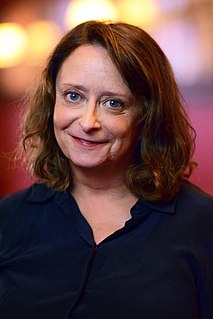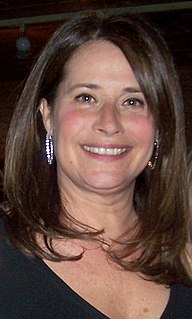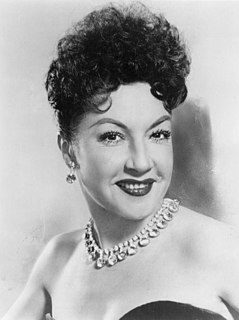A Quote by Fatih Akin
When an audience is laughing, that's opening their souls somehow, and when you have an audience with an open soul, it's much better to hit them with a knife.
Related Quotes
. . . I felt that making her one-dimensional would be an insult to the audience, and also not as interesting. All destructive people have an inner side to them, and the more three-dimentional your characters are on screen the more compassion you can open up in an audience . . .. To me, that involves the audience more, it stimulates them and asks more of them.
Audience interest is directly proportionate to the presenter's preparation. You better spend time and energy on any presentations where the stakes are high. If you are trying to close a large sale or speak at a conference to an audience of potential clients, you better be ON your game. An audience can tell how much energy you spent on your presentation, which is a reflection of how much you valued their time. If they gave you an hour of their time, you need to make it worth it to them by treating their time as a valuable asset by making the content valuable to them.
In theater, it's just you and the audience. It's less of a popularity contest. It's just you and the audience, and they're laughing or they're not laughing, that's the only gauge you really have. But with TV and movies and everything, it's like "Well, did you get a meeting at so-and-so?" and "So-and-so's really hot right now," which is all the stuff I'm probably still not used to.
The next time I write a play - in order to get audience trust for a particular sort of tragic line, I'll try to bring the audience a good distance before that. Part of that is allowing comic moments to occur. I had been afraid of that - that once the audience started laughing in the play, they would never stop.





































